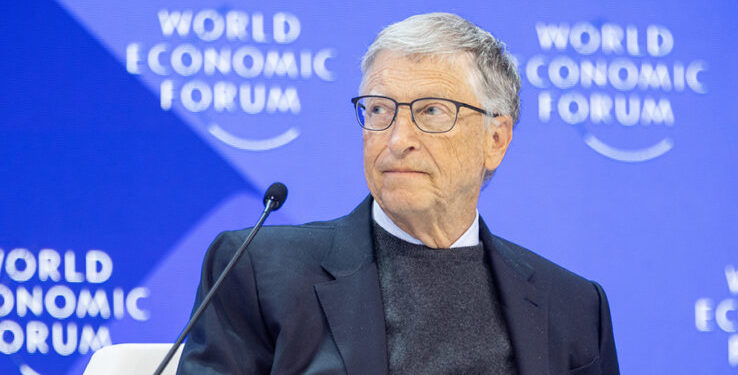Kenyan law firm Dullo & Company is demanding accountability from the government regarding the diplomatic privileges awarded to the Bill and Melinda Gates Foundation (BMGF). In a letter addressed to the Ministry of Foreign and Diaspora Affairs, the firm seeks a detailed explanation of the immunities granted to the foundation, which include immunity for its expatriate staff, as stipulated in Legal Notice No. 157 signed by Prime Cabinet Secretary Musalia Mudavadi on October 4, 2024.
Law firm calls for accountability over immunities granted to Bill and Melinda Gates Foundation
Huldah Matara
Versatile multimedia journalist with a keen interest in compelling stories that resonate with my audience. Reach out on huldahmatara12@gmail.com
Related Posts
LATEST STORIES
Unclaimed assets in Kenya surpass sh100 billion as recovery efforts lag
February 20, 2026
Shiriki Pay: A new chapter in Kenya’s mobile money story
February 19, 2026
Do Individuals Prioritize Wealth Creation or Retirement?
February 19, 2026
What a TikTok ban would mean for Kenyans
February 19, 2026
CMA – The guardians of the market
February 18, 2026
Starlink users in Kenya face service cut off over new ID demand
February 18, 2026
Email us: editor@thesharpdaily.com


















